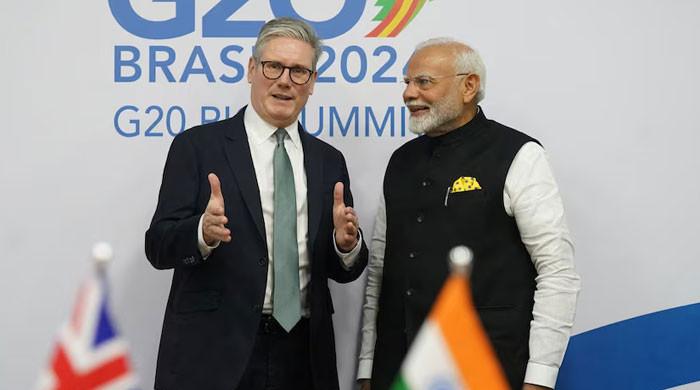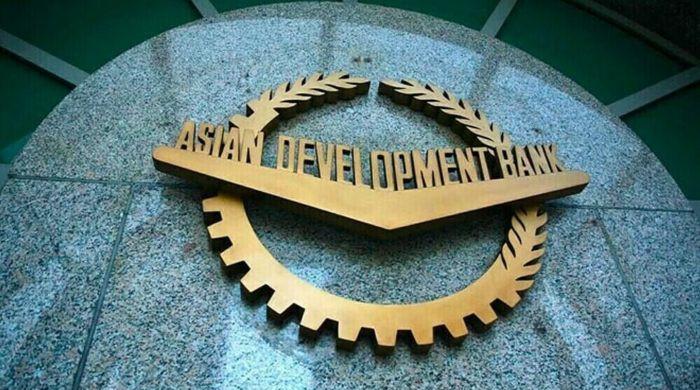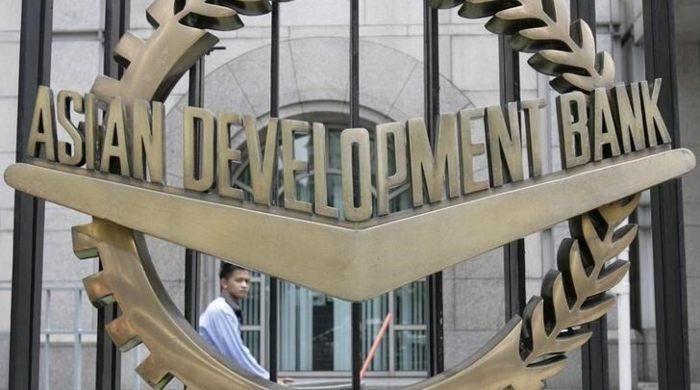PCC's Bilal Bin Saqib engages US policymakers on digital finance
PCC aims to shape a globally aligned, inclusive, and innovation-friendly regulatory framework in Pakistan
May 24, 2025

Pakistan Crypto Council (PCC) Chief Executive Officer (CEO) Bilal Bin Saqib has met US senators Bill Hagerty and Rick Scott during his visit to New York, underscoring Pakistan's growing engagement with global crypto policy and the evolving landscape of digital finance.
By engaging with US policymakers, PCC aims to inform and shape a regulatory environment in Pakistan that is globally aligned, inclusive, and innovation-friendly.
Senator Hagerty, a key proponent of responsible financial innovation, is the lead sponsor of the GENIUS Act of 2025 (Guiding and Establishing National Innovation for US Stablecoins).
The bill introduces a comprehensive regulatory framework for payment stablecoins in the US, promoting financial inclusion, ensuring 1:1 asset backing, and reinforcing US leadership in digital currency governance.
Separately, Senator Rick Scott, known for his strong stance on privacy and digital freedom, co-sponsored the CBDC Anti-Surveillance State Act, a bill that aims to block the issuance of a central bank digital currency (CBDC) directly to individuals.
Senator Scott has consistently advocated for protecting civil liberties and ensuring that digital finance solutions do not compromise individual privacy or give rise to state overreach.
With over $36 billion in annual remittances, Pakistan sees enormous potential in stablecoins to lower costs, enhance transparency, and improve access for underbanked populations.
The GENIUS Act stands as a model for emerging markets like Pakistan that are exploring similar pathways for integrating digital assets into their financial systems. PCC's engagement emphasised the value of such legislative clarity and its potential to guide Pakistan’s regulatory evolution.
Field Marshal Munir meets PCC chief
Pakistan has unveiled plans to regulate its vast informal crypto market and position itself as a regional hub for blockchain, artificial intelligence and digital finance, as part of a broader strategy to harness the country’s youthful demographics and surplus energy for economic transformation.
At a high-level meeting at General Headquarters, Chief of Army Staff Field Marshal Asim Munir on Friday met with PCC CEO Saqib, the chief executive of the Pakistan Crypto Council (PCC), to discuss the strategic potential of emerging technologies.
The conversation focused on leveraging blockchain, cryptocurrency and AI to empower youth and build economic resilience.
“The [PCC] exists because our youth demand a seat at the global tech table,” Saqib told the meeting, stressing that digital finance and decentralisation offer opportunities, not threats.
The dialogue comes amid an acceleration of regulatory efforts. The Ministry of Finance on Wednesday announced the formation of the Pakistan Digital Assets Authority (PDAA), a dedicated body tasked with overseeing blockchain infrastructure and the regulation of virtual assets.
The move marks a significant step towards formalising a market estimated at over $300 billion in annual crypto trading volume.
Finance Minister Muhammad Aurangzeb said the PDAA would create “a secure, innovative and inclusive ecosystem for virtual assets” and help position Pakistan as a regional leader in digital finance and blockchain regulation.
He said the initiative would also facilitate the tokenisation of public assets and government debt, enable regulated Bitcoin mining using surplus electricity, and provide legal clarity for global investors.
The announcement reflects growing urgency within Pakistan’s leadership to shift towards a tech-led growth model.
With over 70% of its 240 million population under the age of 30, Pakistan has one of the most favourable demographics for digital adoption.
It ranks among the top five countries globally for crypto usage and is the world’s third-largest freelancer market, with more than 50,000 IT graduates entering the workforce each year.











